That cultural product is in the folk through oral transmission recorded in Han-Nom books. However, due to many factors, that capital has also been lost, gradually leaving with the ancestors without waiting for descendants to collect and exploit it. Unfortunately, lost gold and silver can still be exploited, but lost ancient capital will forever be lost in the past and will never return.
However, ancient capital is still lingering with the elderly, especially with artisans and folk intellectuals - those who are always passionate about cherishing that invaluable asset, but the remaining time of life is not much. If we let that precious capital pass without knowing how to preserve it, we are guilty to posterity. For many enthusiasts, ancient capital is a source of creative inspiration, they want to seek it in human life. For them, not everything that is old is outdated and not everything that is new is civilized. What we are always looking for is the quintessence of both the past and the present to orient the future. Therefore, the value of ancient capital is always present in everyday life. In particular, in the rich treasure of Tay folk culture, many ancient poems still have value in today's life.
For example, in the poem offering to Tho Cong (Thanh Hoang), there is a passage like this: "Pu day eats and sells food/Pu day restaurant sells food in the village/Slúa slang bau haư qua/Phja bau haư sings/Xu pu bau thinh pac khan loen/Mù phu bau can xen khan nham!" . Translation: "You have the right to keep the village/You can pass through the village/Tigers and wolves won't let you in/The epidemic won't let you come/Because you don't listen to slander/Because you don't accept bribes!" .
The first two sentences clearly define the authority, the middle two sentences define the duties, the last two sentences affirm the moral character and qualities of Tho Cong. With such spiritual aspirations of the ancients, we also see that it is very close to today's life, which is the issue of administrative reform, anti-corruption, revolutionary ethics... If cadres and party members are as decisive and clear as Tho Cong, then they are truly servants of the people.
In distinguishing between right and wrong, truth and falsehood, the ancients always had a belief in reason, so there were very philosophical verses, such as: "... The slai sect did not run out of silk and complaints/Thoong xu did not run out of gold and silver/Nan tang dau tem then slu quang!..." . Translation: "... Rough fabric is difficult to turn into silk and brocade/True gold cannot be mixed with brass/Plain water cannot replace oil to light the way!". ..
The above verses left by the ancients still retain their value in today's life. In the worldly affairs of the ancients, there were also subtle observations to talk about the times - the times: "The flow of that time is like a snake running wild/The luck is like a fox running wild...!" . Translation: "The dragon in the wrong time turns into a snake running wild in the grass/The fox in the right time turns into a tiger showing off its power"!
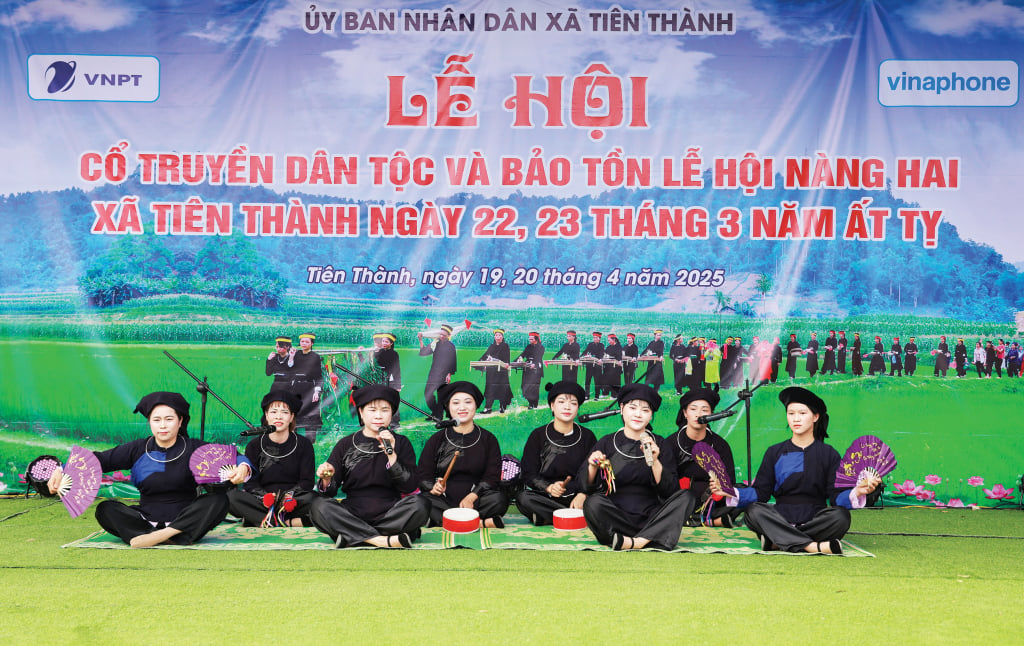
Photo: The Vinh
Ancient poems are passed down orally but have a very high cultural value, and are a standard of living to teach children. In folklore, when catching a praying mantis (or a grasshopper), people play a fun game like this: Use two fingers to pinch the animal's two legs, point its head towards the forest, towards the village and ask in verse: "Dong slầu mí nan?/Ban sầu mí slầu?/Ngoạc thua thến thến!". Translation: "Which forest has deer?/Which village has tigers?/Nod your head repeatedly"!
The funny thing is that wherever the animal's head is directed, it "nods continuously" but there are not many deer or tigers like that. The ancients used that scene to criticize people who have no stance, do not dare to speak up their own opinions to distinguish right from wrong, but only know how to nod and flatter.
To advise people to always strive for good deeds, avoid evil deeds, live humanely with their fellow human beings and devote all their intelligence, avoid wasting time, the ancients have a saying: "The end of the banana tree is the end of the cold!/The end of the banana tree is the end of the cold!/The end of the banana tree is the end of the cold!" Translation: "The banana tree has grown into a bunch, but there are no leaves left!/Human life cannot live forever"!
In the national heritage, in addition to the Nom poetry stories, folk songs, proverbs, nursery rhymes... there are also folk melodies in each region and each ethnic group. Particularly, the Tay ethnic group in Cao Bang has many melodies such as: Then tinh (of Ông Giàng, Bà Then), Luon melodies (Luon Then, Luon Slương, Luon Nàng ới, Luon Cơi), Phong Slư (Phăng Lài), Phuoi Slôi - Phuoi Slơ, melodies performed at weddings, funerals... Although these melodies are no longer as popular as in previous generations (especially Luon singing), in the past few years they have been revived from the mass and professional art movements, from the art programs of the Radio and Television, from poems in ethnic languages and the column "Searching in the ancient capital" of Cao Bang Newspaper, especially at competitions, folk song performances and love songs, attracting talented artists and young people to participate. These are encouraging signs, a hope to contribute to the preservation of cultural heritage. However, the preservation work cannot stop at the above methods, many other methods must also be carried out simultaneously.
In this endless treasure trove of folklore, no artisan dares to say that he knows everything, no researcher dares to say that he has collected enough. In reality, there are many people in society who have never been famous, they are not artisans but have elements that artisans do not have. Therefore, it can be said that what we have collected is only modestly "initial", "some" but not enough.
Preservation and promotion are two sides that go together. There are efforts on the preservation side but not much on the promotion side. Furthermore, we need to be aware that preservation does not mean storage, the existing and collected capital needs to be disseminated for transmission. That is the traditional way of preservation that the ancients did from generation to generation to circulate widely in society.
In the past, when we were still in the cradle, we listened to lullabies, when we were young, we learned to sing folk songs, when we reached puberty, everyone had a little capital to go to festivals, to exchange and sing everywhere. Those cultural features no longer exist today, so we must consider spreading them by all means to preserve these ancient traditions. In competitions, performances and the annual "Vietnam Ethnic Culture Day", we should arrange time and encourage original performances to preserve ancient cultural values. Schools should also officially dedicate a reasonable number of lessons to teach folk arts to students of all levels so that they can be widely disseminated.
The people are the root, the revolution is the cause of the masses, the preservation and promotion of national cultural identity is also the cause of the masses. In addition to the State budget, there needs to be the participation of the entire population with the policy of socializing cultural activities, however, the way of doing it also depends on each locality with many issues that need to be discussed and agreed upon.
Source: https://baocaobang.vn/gia-tri-von-co-trong-cuoc-song-hom-nay-3177532.html















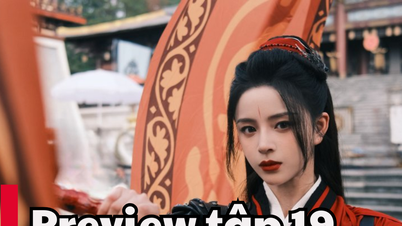





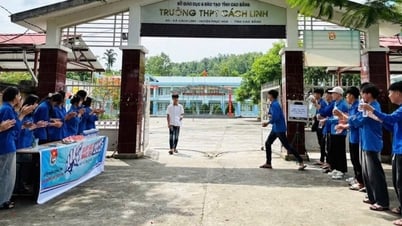
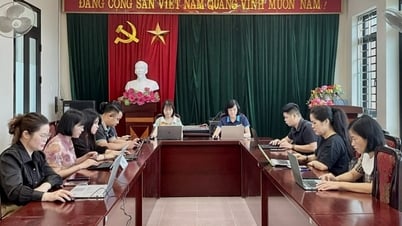


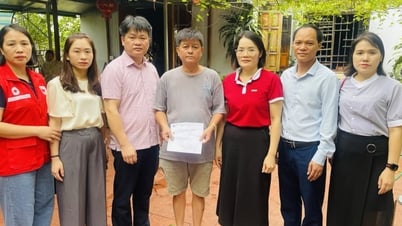

















































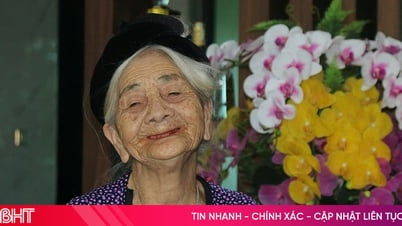

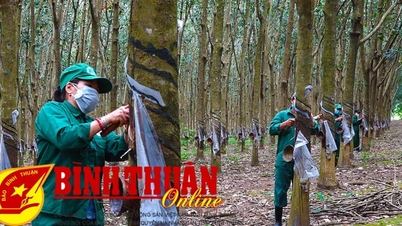


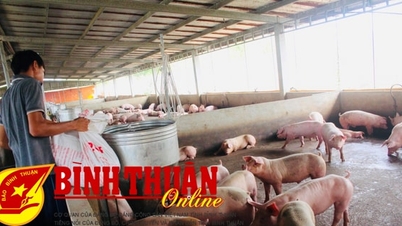
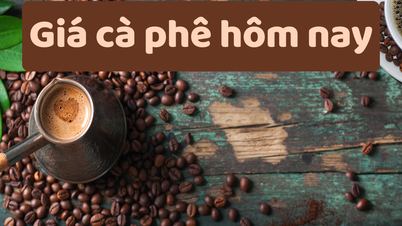

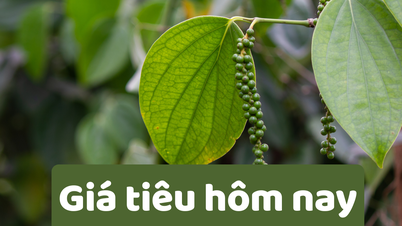









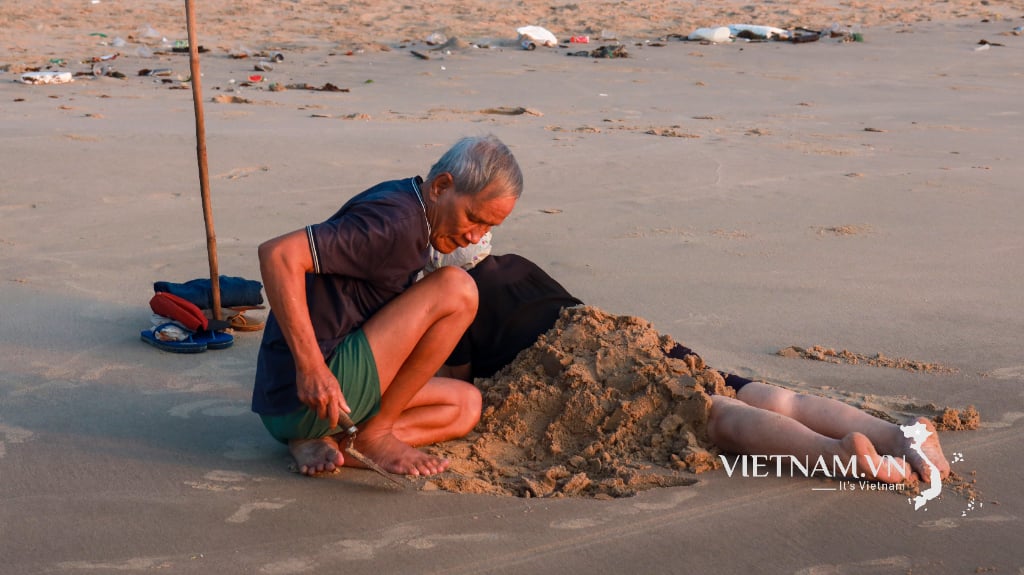


Comment (0)